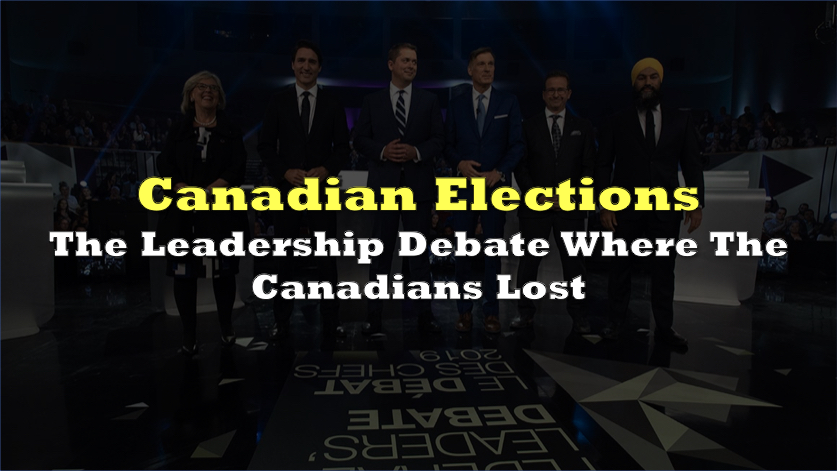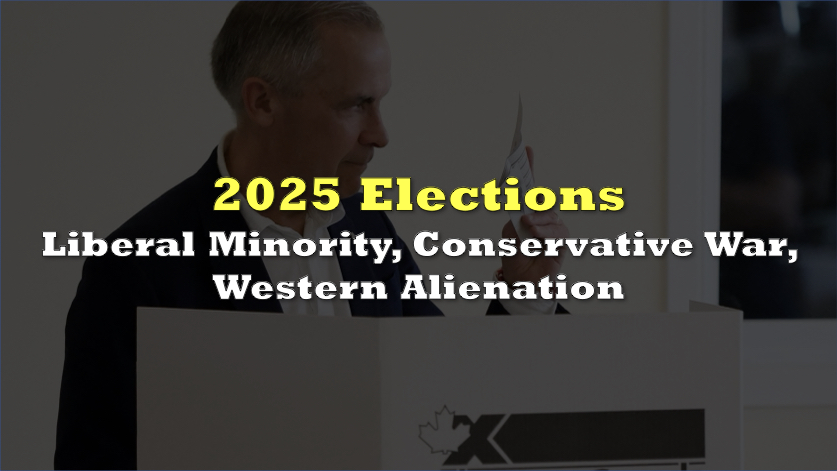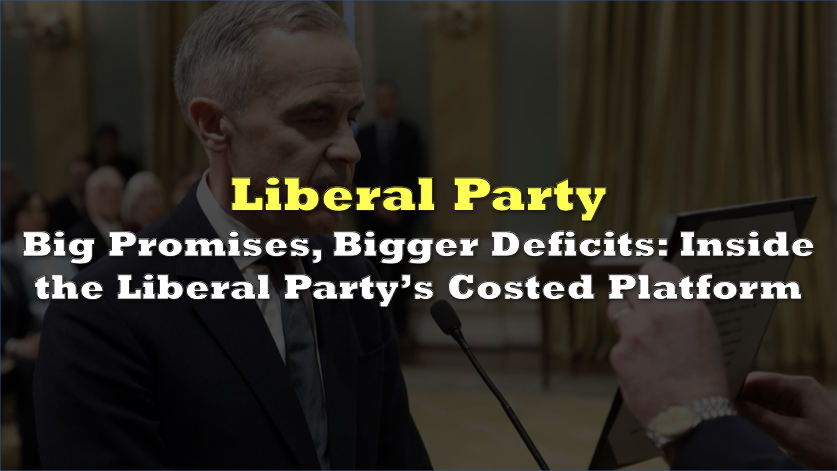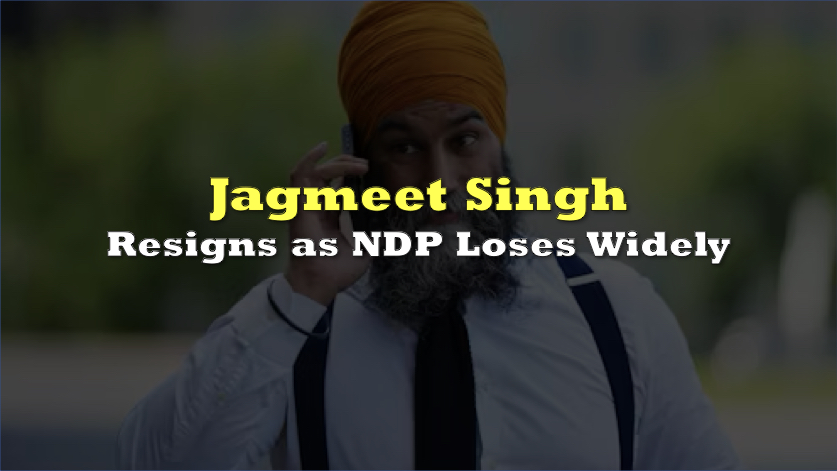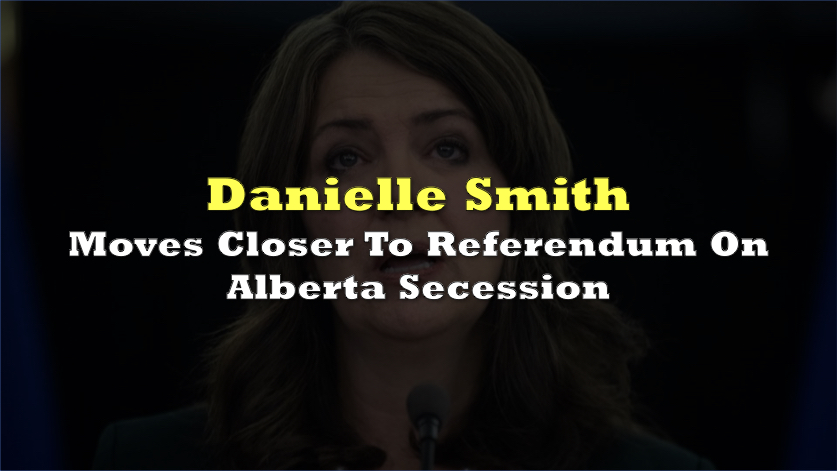The recent French leadership debate, intended to clarify party positions ahead of the April 28 election, quickly devolved into what many observers described as a “gong show,” leaving audiences both perplexed and frustrated.
Jagmeet Singh of the NDP notably directed sharp criticisms at Conservative leader Pierre Poilievre, prompting some analysts to remark that Singh was acting as “an attack dog for Carney.” Singh’s strategy inadvertently highlighted the NDP’s chronic misreading of electoral dynamics, where their primary competitor has historically been the Liberal Party, not the Conservatives.
Summary of the debate so far:
— Anthony Koch (@Anthony__Koch) April 16, 2025
Singh is attacking Pierre for no reason, none of them eat American strawberries, and Carney doesn’t seem to understand the questions.
Jagmeet Singh is being an attack dog for Carney.
— Anthony Koch (@Anthony__Koch) April 16, 2025
The NDP fundamentally doesn’t understand that their enemy and chief competitor in every election is the Liberal Party, not the Conservatives.
They can’t help themselves, to the extreme detriment of their political viability.
Prime Minister Mark Carney, despite expectations of vulnerability in the French-language debate, was declared the surprise winner by some CBC commentators.
Chantal Hebert: French-language debate will not be a game changer for April 28 election… PM Carney did better than expected.
— Paul Vieira (@paulvieira) April 17, 2025
No surprises here. Liberal who can't speak French wins French debate according to French CBC. pic.twitter.com/LXfd7dd8Pe
— Stephen Taylor (@stephen_taylor) April 17, 2025
The debate’s questions themselves sparked controversy, with trivial inquiries such as, “What is one made in the USA product that you no longer buy?” leading some viewers to lament the perceived degradation of political discourse.
Are we seriously asking this question?
— 🇨🇦 Jack (@JackDan110) April 16, 2025
“What is one made in the USA product that you no longer buy?”
We are a joke. This debate is a joke. pic.twitter.com/CBNaLzY3zd
Prominent commentators also expressed frustration with the format. Veteran journalist Chantal Hébert labeled it a “gong show,” while NP columnist Terry Newman criticized the superficiality, emphasizing Canadians’ need for substantive discussions over “soundbites and nonsense.”
Brought to you by the debates commission. A gong show. https://t.co/xDuyuqN2ff
— chantal hébert (@ChantalHbert) April 17, 2025
Canada is in such trouble there should have been separate debates on several issues. This format did not help inform Canadians. They need to hear leaders drill down on issues, not spout soundbites and nonsense. Do these leaders have something better to do?
— Terry Newman (@TLNewmanMTL) April 17, 2025
Political expert Darrell Bricker offered perhaps the most grounded take, reminding observers that immediate punditry is meaningless without polling data: “Check credible polls in about 3 days. That’s when we will see if debates mattered.”
Pro tip on debates. Incessent yammering by pundits about style points, key moments, etc means NOTHING. Check credible polls in about 3 days. That’s when we will see if debates mattered. Simple question – have the numbers moved? That’s it. That’s all.
— Darrell Bricker (@darrellbricker) April 17, 2025
Ultimately, the debate’s chaos and questionable strategic approaches provided voters more frustration than clarity, highlighting an urgent need to reconsider both the debate structure and political strategy moving forward.
Information for this story was found via the sources and companies mentioned. The author has no securities or affiliations related to the organizations discussed. Not a recommendation to buy or sell. Always do additional research and consult a professional before purchasing a security. The author holds no licenses.

